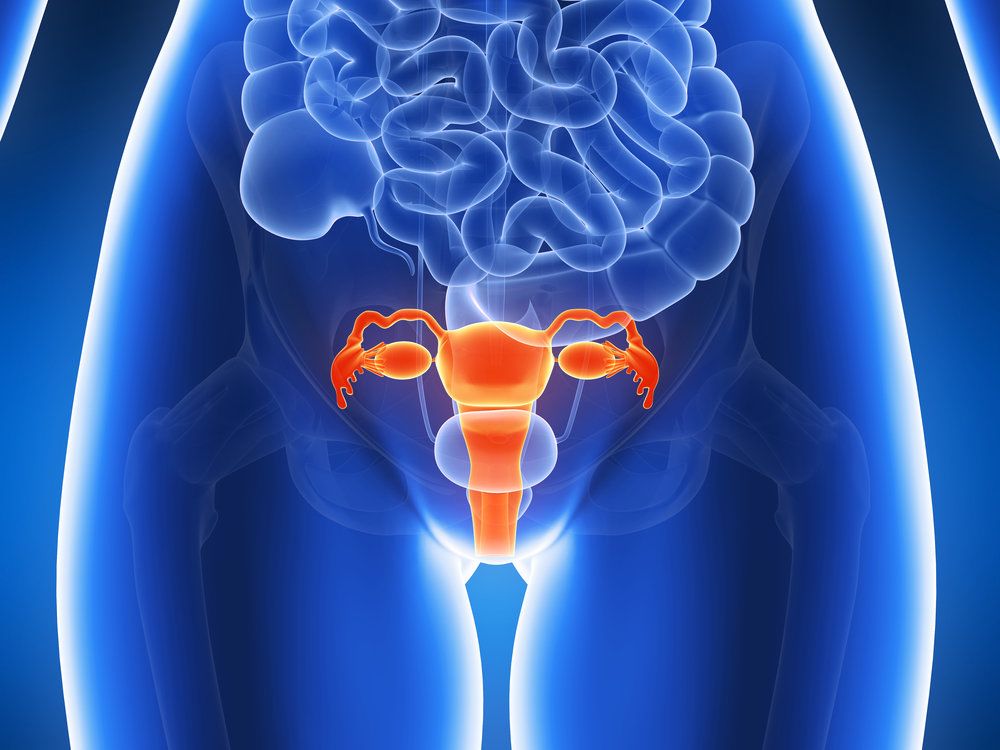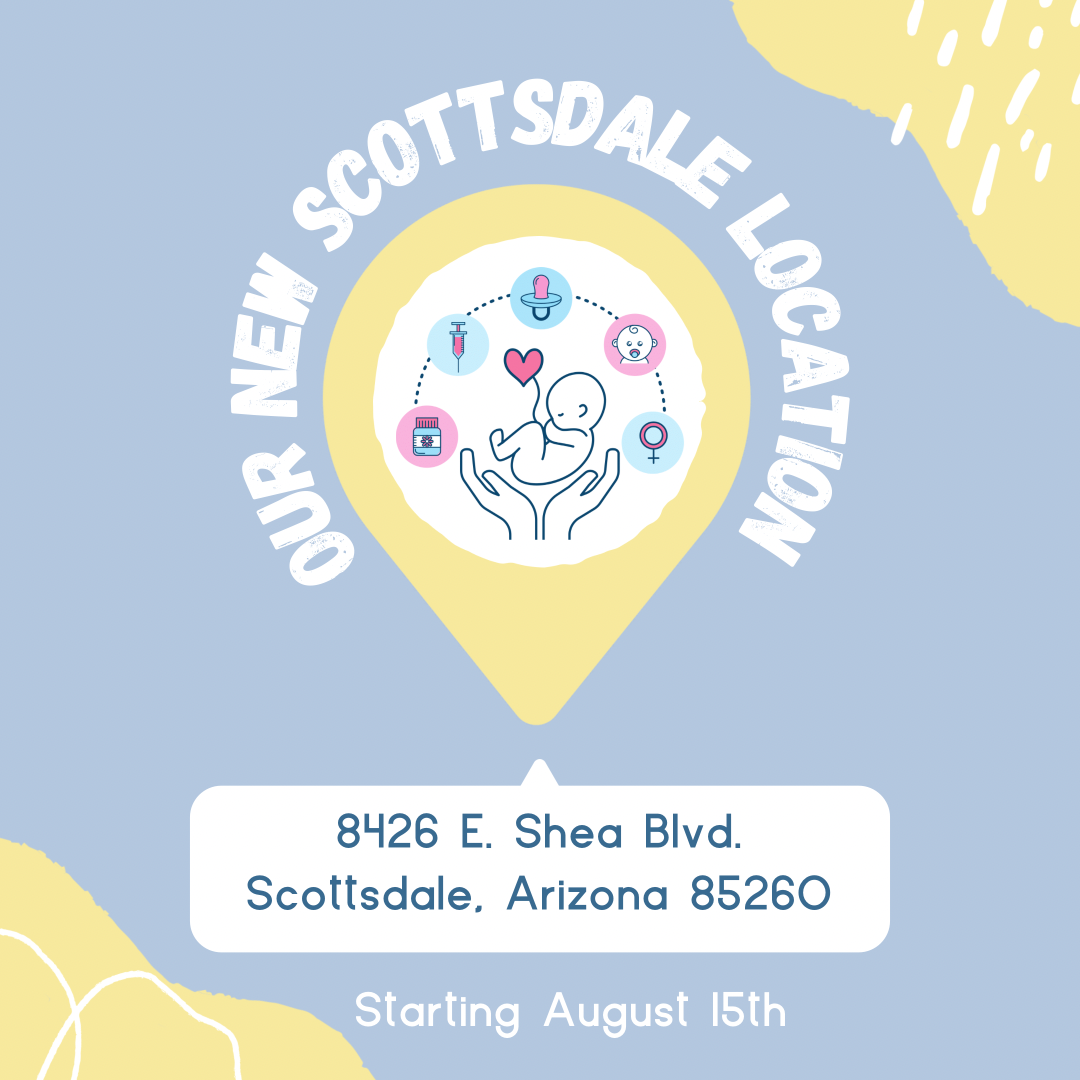IVF Maximum Age
 It’s becoming more common for women to wait until the timing is right to have children. For some women, this may mean starting a family later in life, when fertility has naturally decreased. In vitro fertilization, or IVF, can help make pregnancy a reality for women who may have thought they were too old to have children.
It’s becoming more common for women to wait until the timing is right to have children. For some women, this may mean starting a family later in life, when fertility has naturally decreased. In vitro fertilization, or IVF, can help make pregnancy a reality for women who may have thought they were too old to have children.
At Arizona Associates for Reproductive Health, our specialists answer questions about IVF maximum age for patients in Scottsdale, AZ, Gilbert, AZ, and surrounding areas. If you would like to discuss IVF and whether it is right for you, we welcome you to schedule a consultation.
How Age Affects Fertility
Before we consider the maximum age for IVF, it’s important to understand a little about how age affects fertility because it is one of the biggest contributing factors.
Women are born with all the eggs they will ever release in their lifetime. As a woman ages, the number of eggs she has will decline and, because a woman’s eggs age with her, the quality of her eggs will also decline.
With this in mind, women typically reach their peak fertility in their 20s. Once a woman reaches her 30s, her fertility will begin to diminish. After her mid-30s, fertility declines more rapidly and by 45 most women are unable to become pregnant without fertility treatment.
What’s the Maximum Age Limit for IVF
Since it becomes more difficult to become pregnant as women age, it’s common for older women to consider IVF and wonder if there’s a maximum IVF age limit.
The short answer is there isn’t a standard maximum IVF age limit. Although rare, women over 50 have had successful pregnancies with IVF. However, it is more common practice to limit the upper age for IVF patients to around the mid-40s.
Although women older than 45 have had successful IVF pregnancies, that doesn’t mean it’s recommended for all older women wishing to become pregnant. Instead, a decision on whether IVF is suitable for someone may be made on a case-by-case basis, taking into consideration whether the patient is healthy enough for pregnancy.
What Determines the Maximum Age for IVF?
When determining whether a patient has hit the maximum age for IVF, her health is of utmost importance, but her egg quality is also a highly relevant factor.
Egg quality declines as a woman ages; this means her eggs are more likely to have chromosomal abnormalities. This can make it difficult to become pregnant later in life, even with IVF.
Another factor that can affect the maximum age for IVF is menopause. Women who no longer ovulate will not be able to produce eggs for IVF.
Without good quality eggs or no eggs at all, an older woman healthy enough for pregnancy won’t be able to use her own eggs for IVF and may not be a suitable candidate.
Younger Eggs Increase the Chances for IVF Success
If egg quality isn’t suitable for IVF or menstruation has already stopped and no eggs are available, it may still be possible for women who believe they are past the maximum age for IVF to become pregnant with IVF. Using younger eggs through egg donation or egg freezing can open a different door to motherhood.
- Egg Donation: Using donor eggs from a younger woman can help women with poor egg quality or who no longer produce eggs become pregnant through IVF.
- Egg Freezing: Advanced planning is required to use frozen eggs but it is something younger women may want to consider if they know they want to have children at a later date but aren’t ready to start a family. Freezing eggs in your 20s or early 30s can help preserve quality eggs and increase the chances of successful IVF later in life.
Learn More About IVF
If you live in or around Scottsdale and would like to learn more about IVF and your fertility treatment options, please (623) 469-3992 to schedule a consultation.





